Global and Transnational History (GTH)
Our Global and Transnational History Research Group (GTHRG) provides a focus for a range of work within the fields of postcolonial studies, war trauma, the history of childhood and youth, holocaust studies, and the history of humanitarianism. This research group has particular strengths in relation to international collaborations and grant capture. Colleagues engage frequently with partners outside academia, including organisations in South Africa and Belgium, with whom we work collaboratively to develop public history initiatives. If you’re interested in joining GTHRG, we warmly welcome you to follow us on Twitter, join our mailing list, and come along to our events.
GTHRG has close links with the Holocaust Exhibition and Learning Centre, which is situated on the university campus.
Group Lead, Dr Vikram Visana’s work focusses, in part, on the ways in which early nationalist and constitution-building politicians are repeatedly invoked (appropriated) by contemporary politicians, journalists, movies, and in public protests. His work explores both the politics of memory and the emergence of an Indian ‘modernist’ architecture style. At the heart of this work is his analysis of a strong third world agenda: to have a cultural as well as economic intervention in the lives of the urban and rural poor in India.
Dr Lindsey Dodd’s current research on children in France during the Second World War takes in the transnational histories of border-crossing child refugees, including German Jewish children and the children of Spanish republicans. Her AHRC-funded project Disrupted Histories, Recovered Pasts established a cross-case synthesis of transnational memory-making, and for the ANR-funded project RUINES she is helping to network cross-national usages of war ruins.
Much of Professor Barry Doyle’s research is comparative and transnational in focus. Collaborations include the historical background to an AHRC funded project, Life Saving Lullabies, with colleagues in Design and Childhood Studies and local partner St John Zambia, developing zero cost maternity interventions in Zambia. Healthcare before Welfare States brings together researchers exploring nascent health services in Europe, North America and Sub-Saharan Africa while a range of recent publications have compared medical services in England and France. Between 2015-18 he was an editor of Cultural and Social History, the journal of the Social History Society.
Dr Rebecca Gill researches the history of modern humanitarianism and the peace movement. She is working on a project on Emily Hobhouse with her colleagues Dr Helen Dampier (Leeds Beckett) and Dr Cornelis Muller (Sol Plaatje) exploring her peace activism during the South African War and First World War. She is also involved with colleagues in the Textile department at Huddersfield and at the Humanitarian and Conflict Response Institute (Manchester University) on the history of the use of arts and crafts in wartime relief and development work as part of a Humanitarian Handicrafts network.
Dr Andrew Mycock is a Reader in Politics at the University of Huddersfield. His principal research interests concern post-imperial identity politics in the UK, including the ‘Politics of Britishness’ and devolution, English national and regional identity politics, the British ‘history wars’ and legacies of empire, the politics of First World War commemoration in the UK, and the history of British imperial historiography. His research also focuses on youth democratic engagement and participation in the UK, and he has published widely on issues including citizenship education, youth party politics, and voting age reform. He an elected trustee of the Political Studies Association, and President of the Children’s Identities and Citizenship in Europe Association network.
Dr Chelsea Sambells researches the history of modern warfare, children and humanitarianism. She is currently writing her monograph, which is the first study in English to evaluate the motivations behind one of the largest, transnational child evacuations during the Second World War. Her collaborative project with Dr Elisabeth Moeckli at the University of Geneva, which was awarded funding by the Swiss National Science Foundation in 2020, investigates the role of translation within wartime humanitarian action.
Dr Alexander Von Lunen’s latest work focuses on medical research in Nazi Germany, particularly in the context of military and aviation medicine. In this, he is looking at the political and social frameworks of medical research, how the Nazi regime shaped these, and how scientists responded to the regime. He is also developing new work in the area of refugees and genocide. He is bringing his Digital Humanities expertise to bear upon a joint project (Hansard@Hud ) with Professor Lesley Jeffries and other colleagues in the Linguistics Subject Area, and upon a project with Prof Jessica Malay in the English Subject Area.
Professor Emerita Wendy Webster’s work draws on film and broadcasting, is transnational in focus and often uses oral history methodology. Her Englishness and Empire won the International Association for Media and History Prize, whilst her latest monograph, Mixing It became the focus of an exhibition at the Imperial War Museums. She is currently launching a new project on intergenerational memory of the Second World War in both Pacific and European theatres of war, with particular reference to how children became guardians of the memories of their parents.
Reader, Dr Sarah Falcus is Co-Director of the Dementia and Cultural Narrative Network, and lead researcher on the project: Ageing and Illness in British and Japanese Children’s Picturebooks, 1950-2000: Historical and Cross-Cultural Perspectives.
History at Huddersfield gained a national and international reputation through the study of Labour and working-class history. Strong elements of this work survive in the research of Professor Emeritus Keith Laybourn, who is currently President of the Society for the Study of Labour History. Professor Laybourn’s work aligns closely with the cultural history of the working class movement in Britain. His latest monograph is a cultural history of the Independent Labour Party.
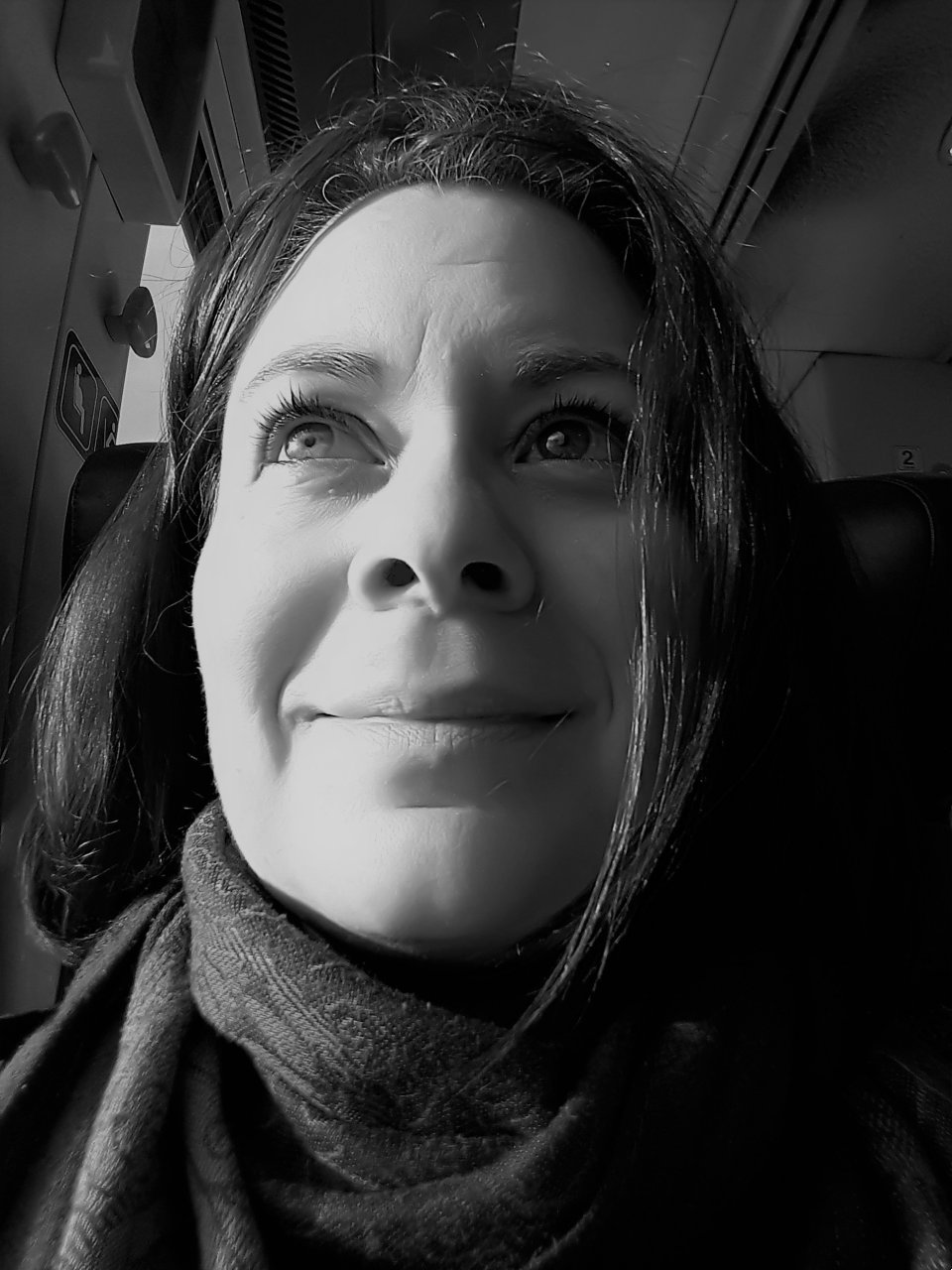
Dr Lindsey Dodd
Senior Lecturer
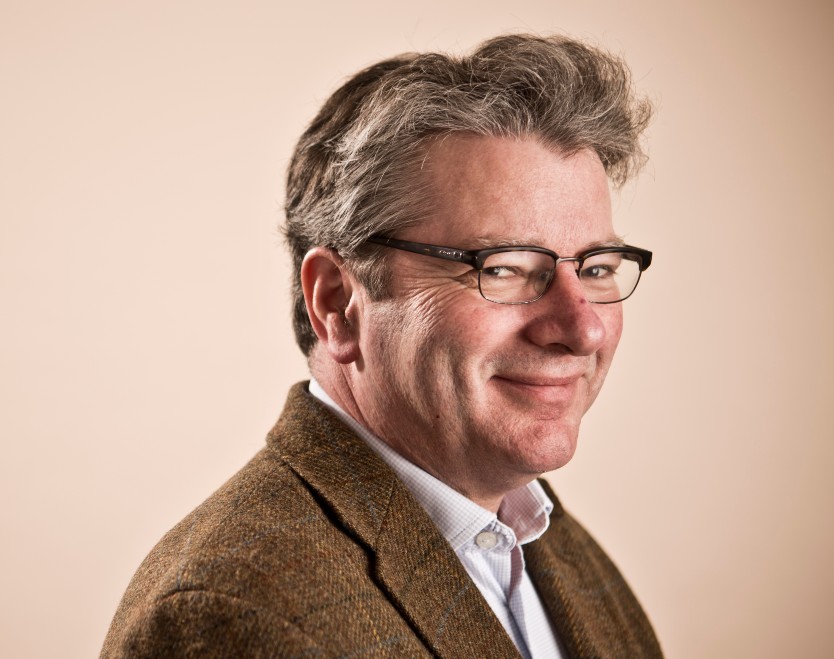
Professor Barry Doyle
Professor and Head of Department
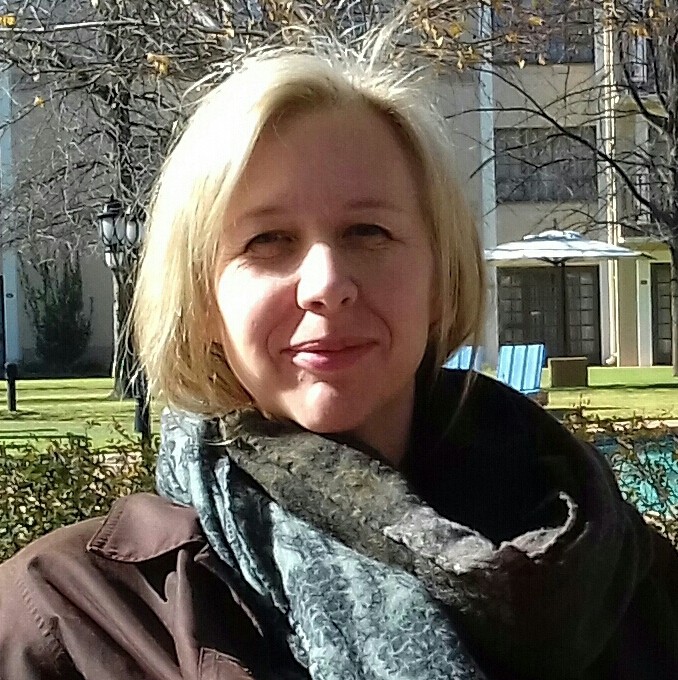
Dr Rebecca Gill
Reader
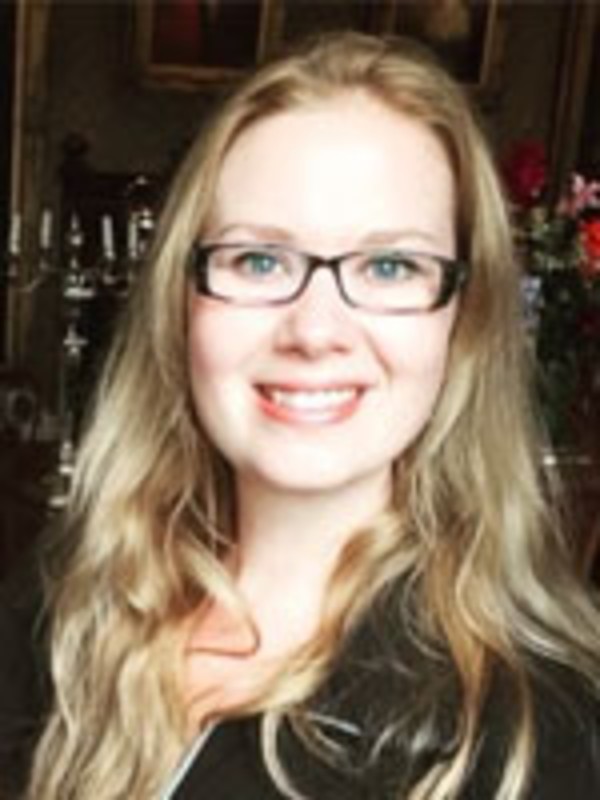
Dr Chelsea Sambells
Research Fellow
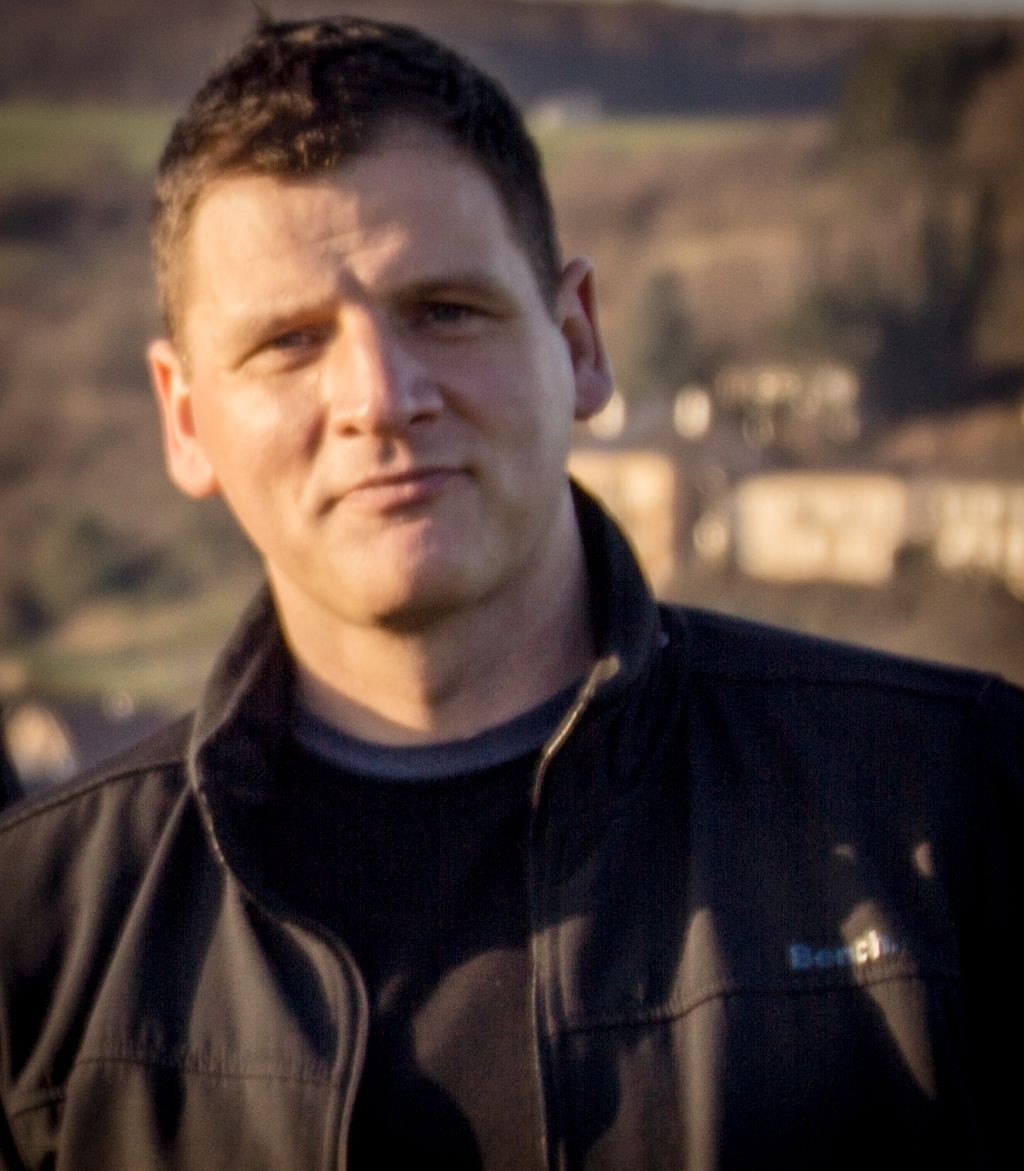
Dr Alexander Von Lunen
Senior Lecturer
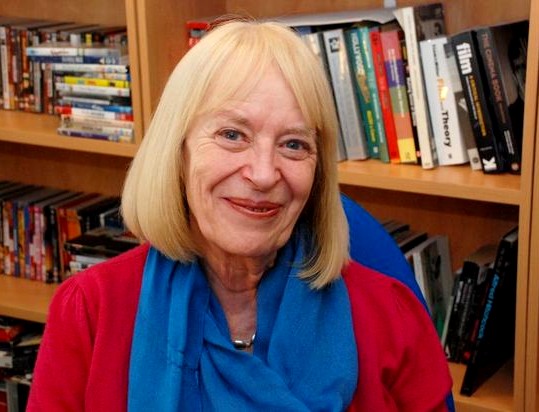
Professor Emerita Wendy Webster
Emeritus Professor
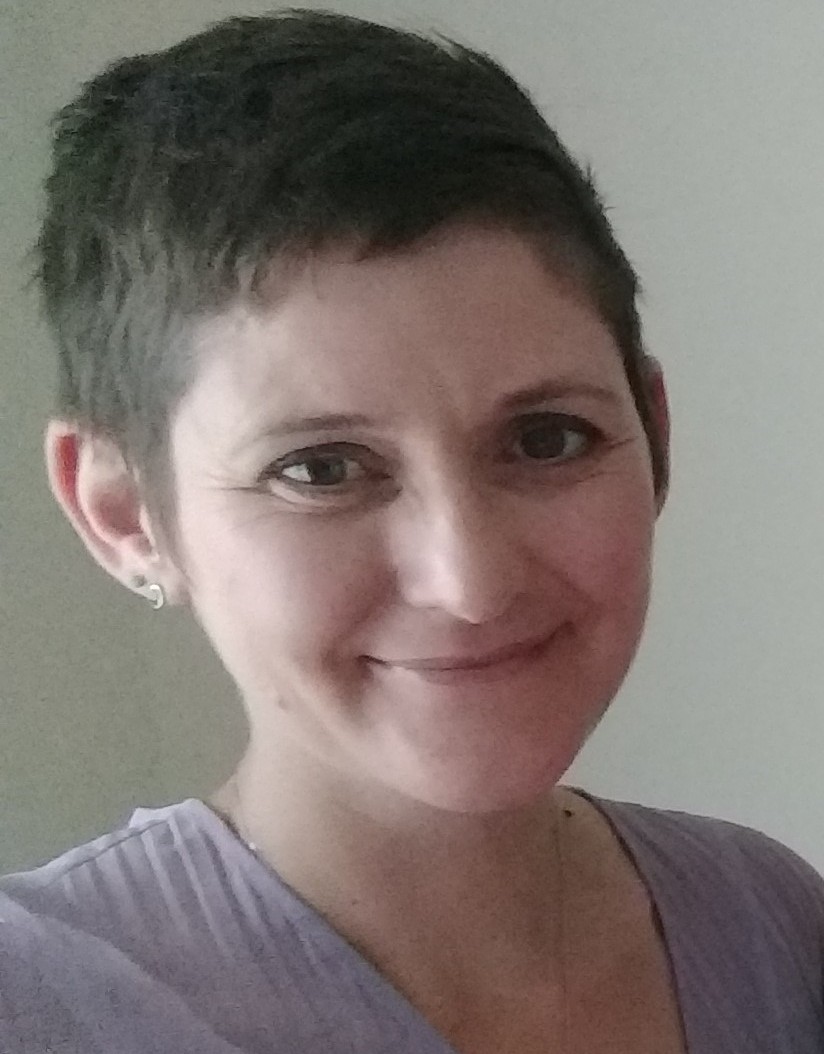
Reader, Dr Sarah Falcus
Reader
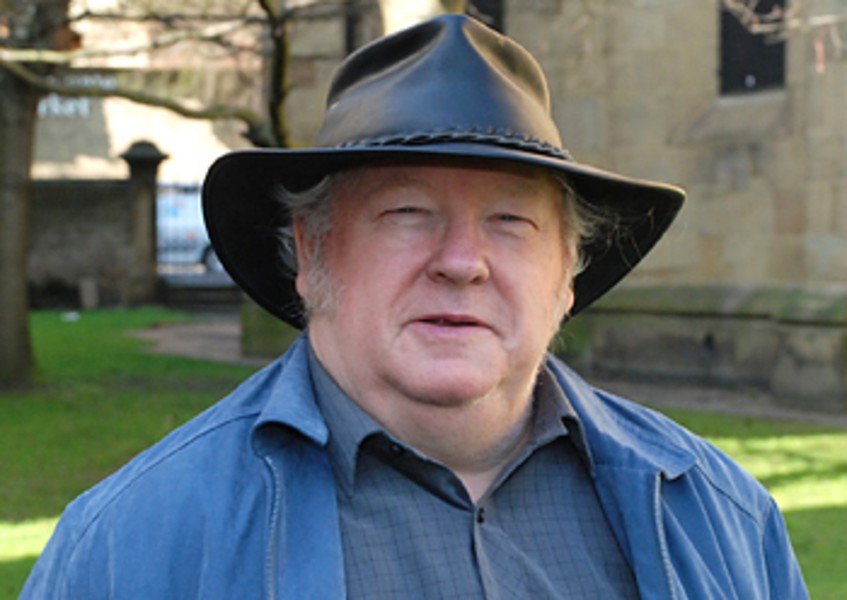
Professor Emeritus Keith Laybourn
Emeritus Professor

Professor Rina Arya
Professor of Visual Culture and Theory